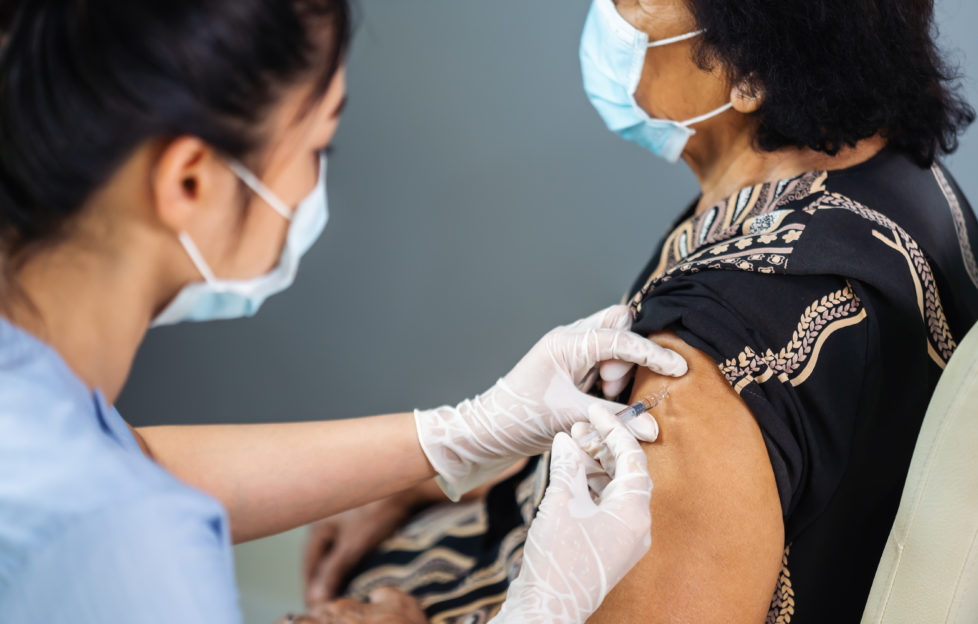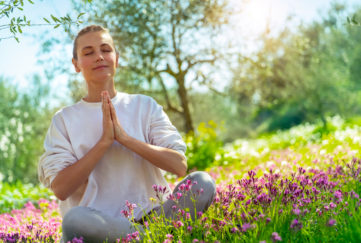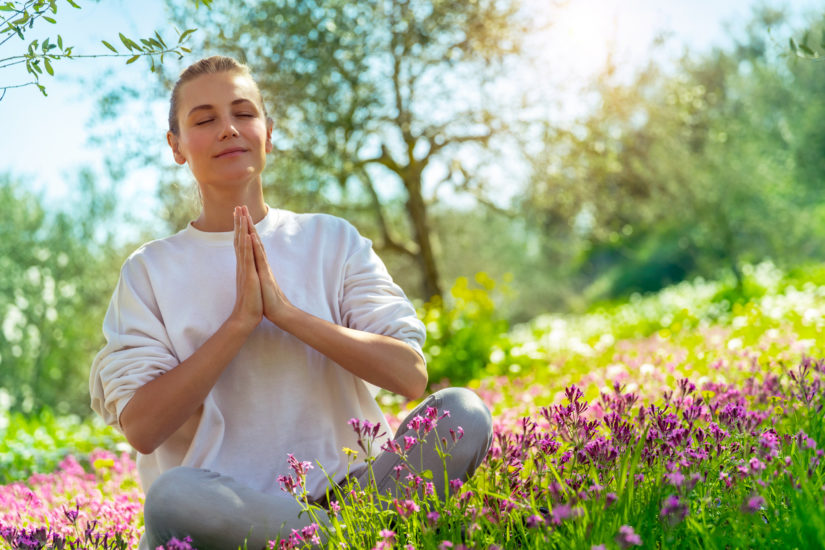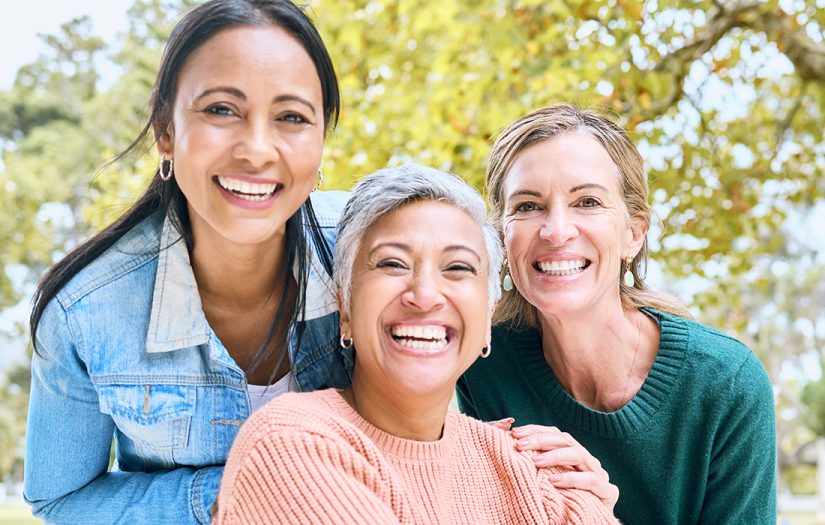The Importance Of Having That Flu Vaccine

The best Christmas present we could have hoped for was the news that a vaccine is on the way to protect people against coronavirus.
However, now is not the right time to let down your guard. COVID-19 is still a concern, and it is more important than ever to have that flu jab if you’re eligible.

Picture courtesy of Dr Sarah Jarvis.
I put some questions to Dr Sarah Jarvis, who has the following advice.
What would you say to people who may be opting to stay at home and missing the opportunity to have a flu jab?
“The best time to have a flu vaccine is in the autumn, before flu starts circulating. But if you have been self-isolating or been delayed in getting the vaccine, you should still have the flu vaccine as soon as you are able to, in order to protect yourself while flu is circulating.
“In some areas you will need an appointment at a GP surgery. Some community pharmacies now offer the flu vaccine on the NHS as well. All GP practices and community pharmacies will have measures in place to keep their patients safe.”
Do you think it’s more important than ever that those who qualify receive their flu jab this year?
“It’s important people take precautions to protect themselves and their loved ones from flu. The single best protection against flu complications is to have a flu vaccine.
“As we have seen with COVID-19, respiratory illnesses can be extremely serious.
“People who become infected with both flu and COVID-19 at the same time are even more at risk of severe illness. In fact, the risk of dying from COVID-19 is more than twice as high if you have flu infection at the same time.
“The flu vaccine will help ensure people stay well over winter. And it will reduce the number of people in hospital who are unwell with complications.
“This year, the flu vaccination programme has been expanded.
“The free flu vaccine is being offered to 30 million people. This will help protect them, and ease pressure on the NHS and urgent care services.
“And for the first time this year, the NHS are offering people who live in the same household as those on the NHS shielded patient list for COVID-19 the flu vaccine, to reduce the chance that they pass flu on to their more vulnerable household member.”
How have GP surgeries adapted to roll out the vaccinations safely this year?
“In general practice, we have always been very aware that many of the patients who come to see us are vulnerable to infection.
“That’s why we have always taken infection control seriously. However, we are very conscious that COVID-19 carries extra risks.
“This is both because of the risk of ‘aerosol transmission’ – tiny particles breathed out and carried in the air – and because the risk of severe complications of COVID-19 is much higher in older people.
“Keeping people safe involves reducing the amount of contact they have with each other and reducing the chance for the virus to spread in the air when they are in contact.
“The measures put in place in practices will depend on their individual set-ups and practice layouts. However, to provide the flu vaccine safely for all patients they include:
- Replacing walk-in clinics with pre-booked clinics to reduce overcrowding
- Telephone screening of patients before they attend clinics
- Reducing the people in a clinic at any one time
- Social distancing and using alternative settings if social distancing within the practice is challenging
- Routine use of face coverings and personal protective equipment
- Extended time between appointments, to allow ventilation of consulting rooms
- Temperature checks
- One-way systems to reduce contact between patients
- Outdoor queueing (the risk of passing on the virus is much lower outdoors)
What are the typical side-effects, if any, for those taking up the opportunity to have a flu jab for the first time?
“It’s good to highlight that all vaccines used in the UK, flu or otherwise, would have gone through rigorous clinical trials to prove that they are safe and effective. The adult flu vaccine specifically contains the inactivated virus. That means the virus can’t multiply inside you and it’s impossible for the vaccine to ‘give you’ the flu.
“You may experience common minor side effects. These could include a sore arm at the site of injection, minor fever symptoms and aching muscles a day or two after getting the vaccine.”
What about those who don’t qualify for a free flu jab, but would still like to have it?
“If you’re not eligible for the free flu vaccine, it’s because your risk of developing serious complications of flu is lower than those who are eligible. The NHS is focused on prioritising those most at risk. However, if you’re not eligible you may be able to book a flu jab privately.”
More advice can be found at https://www.nhs.uk/conditions/vaccinations/flu-influenza-vaccine/
For more health advice from “The People’s Friend”, click here.










